Get The Top Theory Questions on Java for ICSE Class 10 Examination: FREE PDF
In this blog post, we will discuss some of the top theory questions on Java that are commonly asked in the ICSE Class 10 examination. Get the PDF containing most important frequent Java Theory Questions for Free
TUTORIALCOMPUTER SCIENCEPROGRAMMINGINTERVIEW PREPARATIONICSE COMPUTER PROJECT
2/13/20243 min read


Introduction
It is crucial to study theory-based questions on Java programming while preparing for the ICSE Class 10 examination.
It is essential to understand the Java core concepts to answer the questions appropriately.
In this blog, I will discuss some of the top theory questions on Java that are commonly asked in the ICSE Class 10 examination.
By acquainting yourself with these questions and their answers, you can elevate your confidence and improve your chances of scoring well on the exam.
Get the PDF of all the Important Java ICSE Theory Questions for Free!!
Download Java : Latest Version
1. What is Java?
Java developed by Sun Microsystems (now owned by Oracle Corporation), is a high-level, object-oriented programming language (OOP) in the mid-1990s.
Java is a platform independent language.
2. What are the features of Java?
Java is known for its rich set of features, which include:
Object-oriented: Java follows object-oriented programming (OOP), which allows developers to write modular and reusable pieces of code.
Platform independence: We can run a Java program on any device, and it is machine-independent. A Java Virtual Machine runs on the top of the OS which executes the program converting it into machine readable form.
Garbage collection: This mechanism automatically deletes objects that are no longer used.
Exception handling: There is a process to handle unwanted errors, runtime errors/exceptions in Java.
Multi-threading: Java supports concurrent programming by allowing multiple threads of execution within a single program.
3. What is the difference between JDK, JRE, and JVM?
JDK (Java Development Kit) provides tools and libraries for developing Java applications and also provides a software development environment.
JDK includes a debugger, compiler, and other development tools.
JRE (Java Runtime Environment) is a software bundle that provides the needed runtime environment for executing Java applications.
JRE encapsulates the JVM and other runtime libraries.
JVM (Java Virtual Machine) helps to provide a runtime platform to execute Java bytecode.
Its duty is to translate bytecode into machine-readable instructions.
4. What is the difference between a class and an object in Java?
A class is just a blueprint or prototype based on which objects are created. A class defines the properties (attributes) and behaviors (functions) that objects of that class will contain.
An object, on the other hand, is a real entity that is an instance of a class and has real existence in computer memory.
5. What is inheritance in Java?
Inheritance is one of the features of OOP. It allows a class (child class) to inherit properties (attributes) and behaviors (functions) from another class (parent class).
A sub/child / derived class is the class that inherits and the class from which it does so is called a super/parent/base class.
Inheritance helps to reuse code and aids in creating a hierarchical structure of classes.
6. What is the difference between method overloading and method overriding?
The process of having multiple methods with the same name but different parameters in a class, is called Method Overloading.
The compiler identifies which method to call by matching the parameter list that is - the number and types of arguments/parameters passed to it.
On the other hand, method overriding occurs when a subclass defines a method with the same name and same function signature as a method in its parent class.
The method in the subclass overrides the method in the base/parent class, providing a specific implementation for that method.
Conclusion
With these top theory questions on Java for the ICSE Class 10 examination, one can enhance one's understanding of the subject and score excellent marks in the exam.
Please remember to practice answering these questions and always seek clarification from your teachers or friends.
If you have any doubts always reach out to your mentors. Good luck with your preparation!
Hey! If you are aspiring to become a Software Developer, or a Next Generation coder from the High School level, willing to tap
the opportunities in the Tech World, fill this form! We will help you to achieve your goals!
Fill the form to download the Full PDF!
